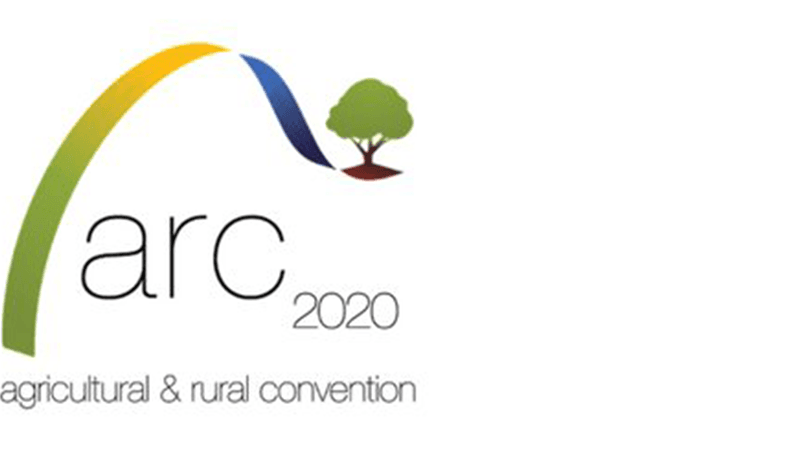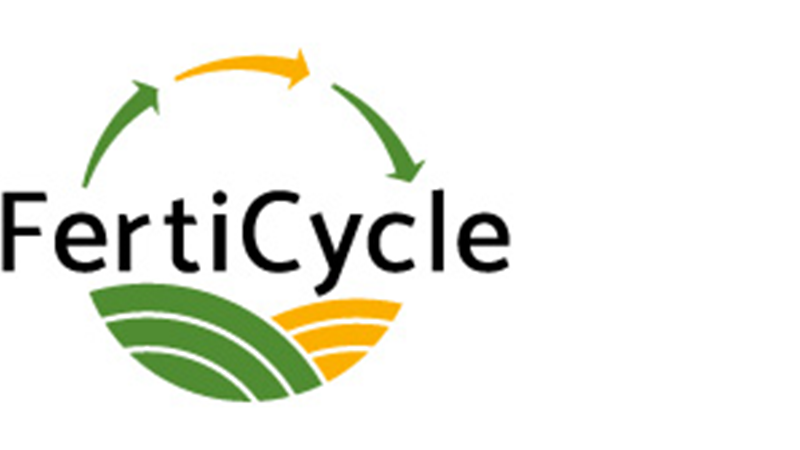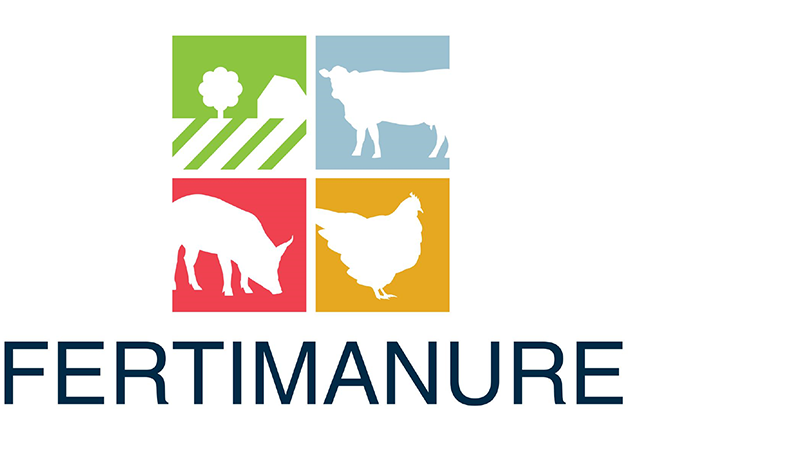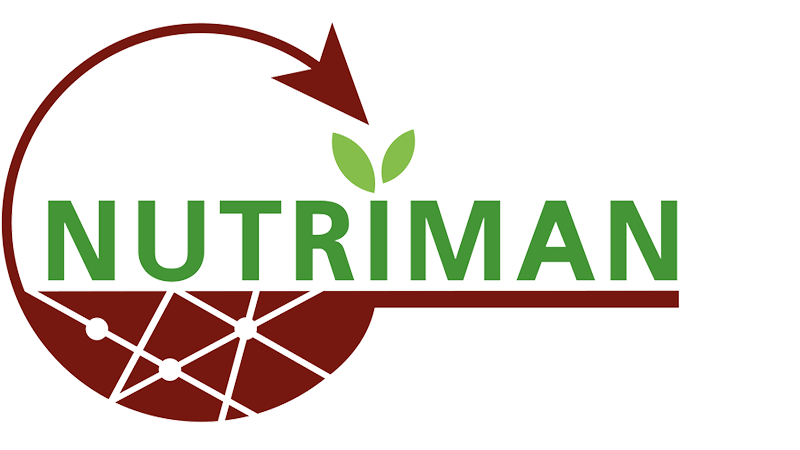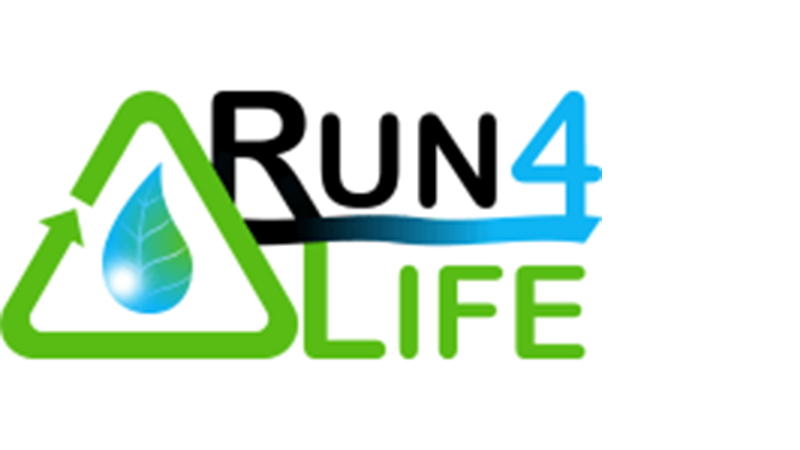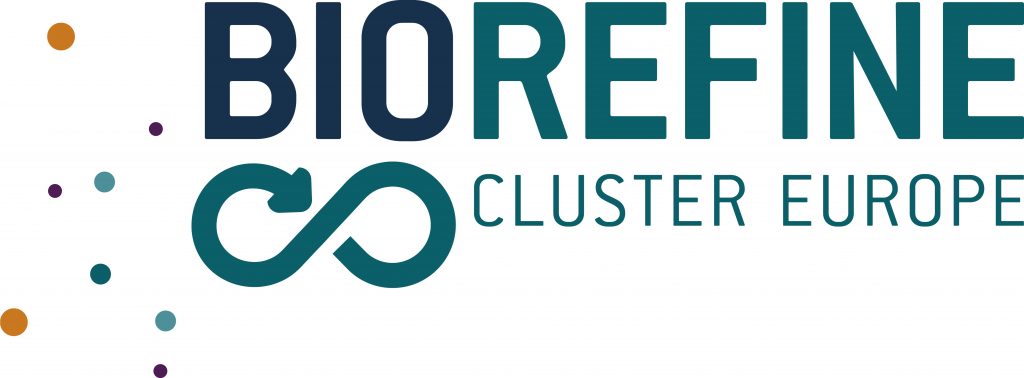The Project
Promoting a circular model for nutrient recovery from waste water to produce sustainable bio-based fertilisers
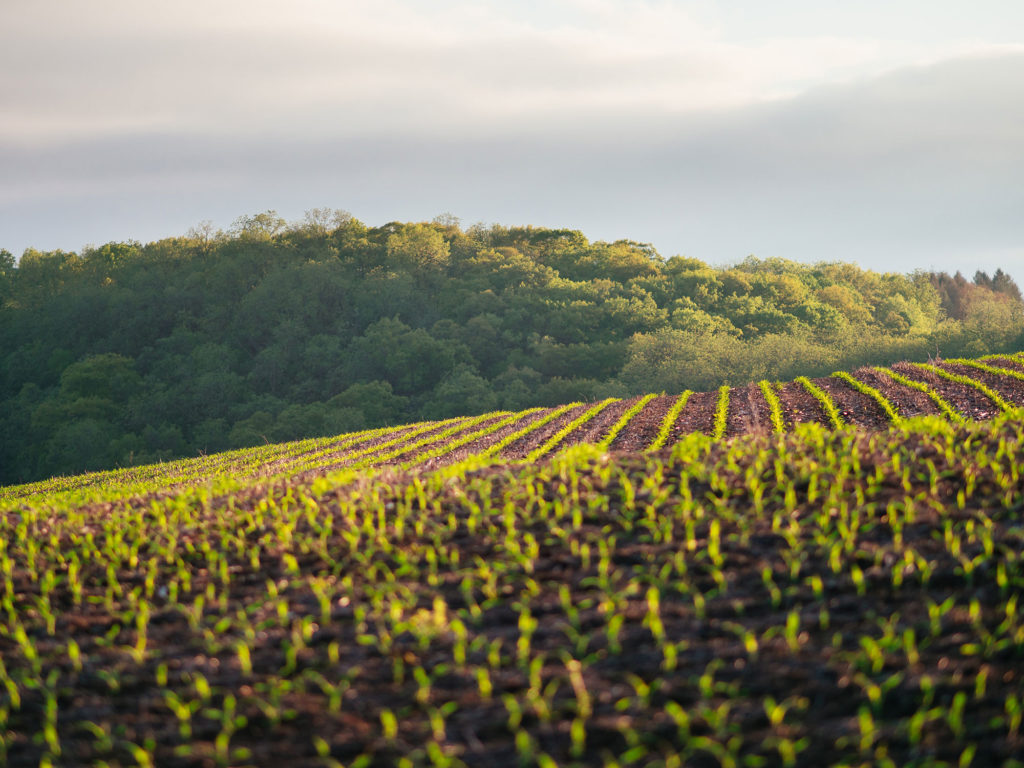
Overview
The high growth rate of world population and relative consumption demand is putting significant pressure on the food industry at different levels to multiply its production capacity. To meet this additional demand requires an increase of the already intensive agricultural practices, leading to a high land, water, energy, and fertilisers use. Therefore, the request for effective and high-performance plant nutrients is expected to reach unprecedent levels. Soils are a limited and invaluable resource, but they are endangered by the current agricultural practices that cause local and regional nutrients surplus or deficit.
WalNUT aims to close the waste water cycles for nutrient recovery. Waste water streams are considered a promising resource to mitigate the soil nutrient imbalance and to recover nutrients for plant fertilising purposes. Nutrients from this large-scale recovery process can be used for bio-based fertilisers offering a new, circular and sustainable model to tackle the limited nutrient-mineral reserves and its crucial environmental issues. These bio-based fertilisers will ensure food safety, minimise waste water carbon footprint and protect nutrients natural reserves.
Objectives
- Analyse inter and intra-regional EU nutrient imbalances
WalNUT will map the current situation within EU-27 on waste water streams generation, nutrient distribution and relevant legal frameworks, establishing the baseline against which to compare innovation and progress of bio-based fertilisers based on nutrient recovery.
- Develop sustainable and resource-efficient technological solutions for nutrient recovery
WalNUT will select 5 most promising technologies for nutrient recovery to be scaled up in 5 pilot plants at different key sites, pursuing the economic profitability of the bio-based fertilisers obtained while minimising environmental risks and impact.
- Environmental and socio-economic impact assessment of the proposed solutions
Through the adoption of life-cycle models, WalNUT will measure the impact produced by the solutions for nutrient recovery on climate change, human and ecosystem health, biodiversity and resource scarcity.
- Assess the agronomic efficiency of safe bio-based fertilisers
A wide range of nutrient-rich output products will be produced and evaluated for different agronomic applications, evaluating their potential to replace conventional, non-renewable minerals.
Expected impacts
WalNUT’s ambition is fully aligned with the agenda set by the EU Green Deal strategy and the priorities of the EIP on Agrifood and Raw Materials, promoting a robust and resilient agri-food sector. In this regards, WalNUT’s contribution will be given by:
- 5 new solutions tested at relevant scale and 12 technologies validated to develop a new generation of commercial, sustainable and safe fertilisers based on by-products.
- Replace conventional, non-renewable mineral fertilisers, especially the critical raw material phosphate, reducing EU external dependence/risks for depletion.
- Balance nutrient concentrations between or within regions, thus increasing resource efficiency.
- Reduce the environmental impacts linked to the dispersion of nutrients present in waste flows, to the emissions of greenhouse gases or to the production of fossil-based fertilisers.
- Contribute to a thriving, sustainable and circular bioeconomy through the development of new business models that are synergetic with other economic sectors, and therefore to the creation of wealth and quality jobs in rural areas.
- Set up a coherent policy framework for the sustainable production and use of BBFs.
Consortium
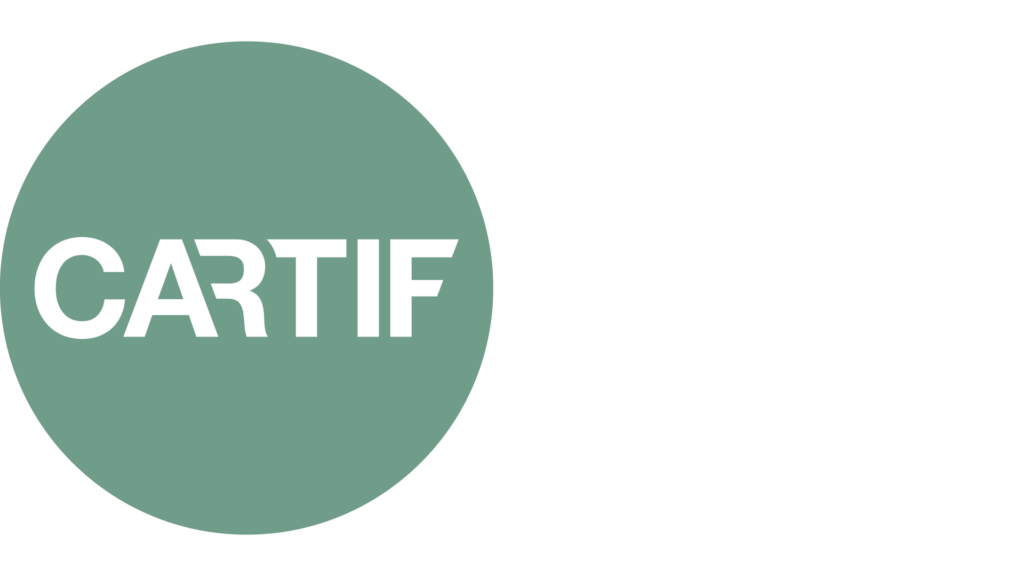
Project management & coordination, technology validation and implementation

Support activities related to France actors and in relation to farmers, including some field trials in France
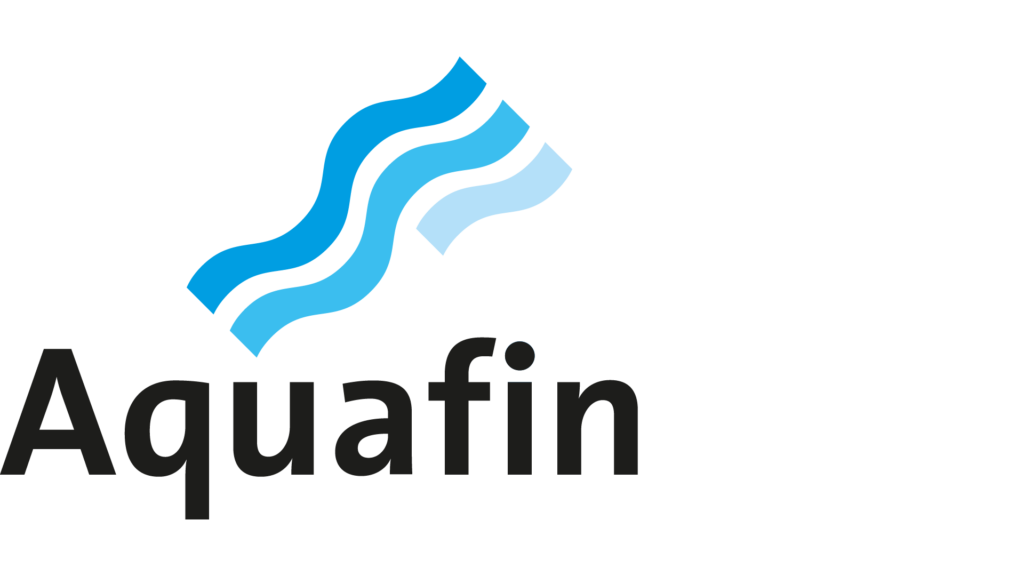
Pilot implementation and technology development
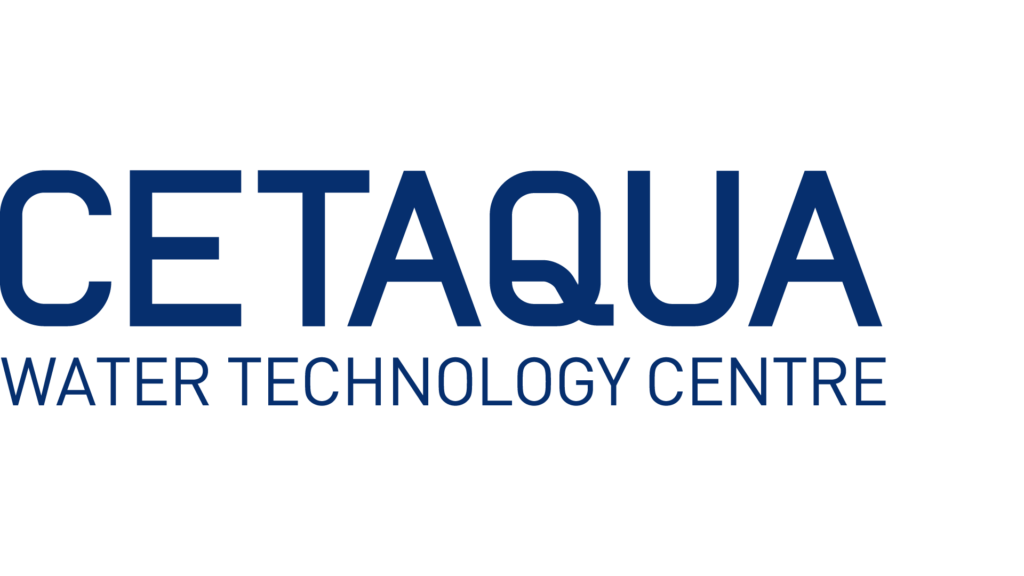
Lab scale technology validation and pilot implementation
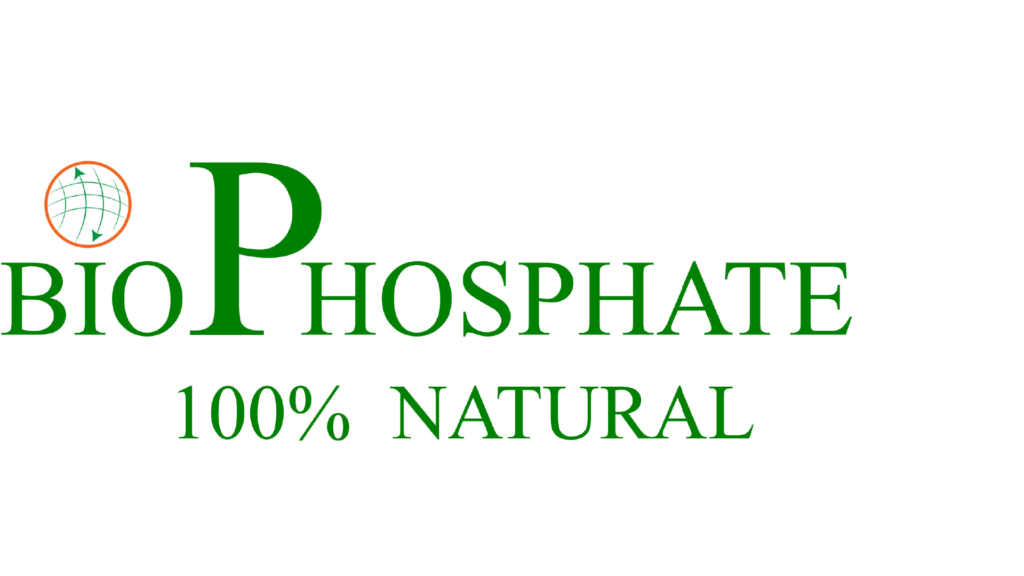
Policy implications

Bio-based fertilisers testing and technology development

Lead Communication, Dissemination and Engagement activities
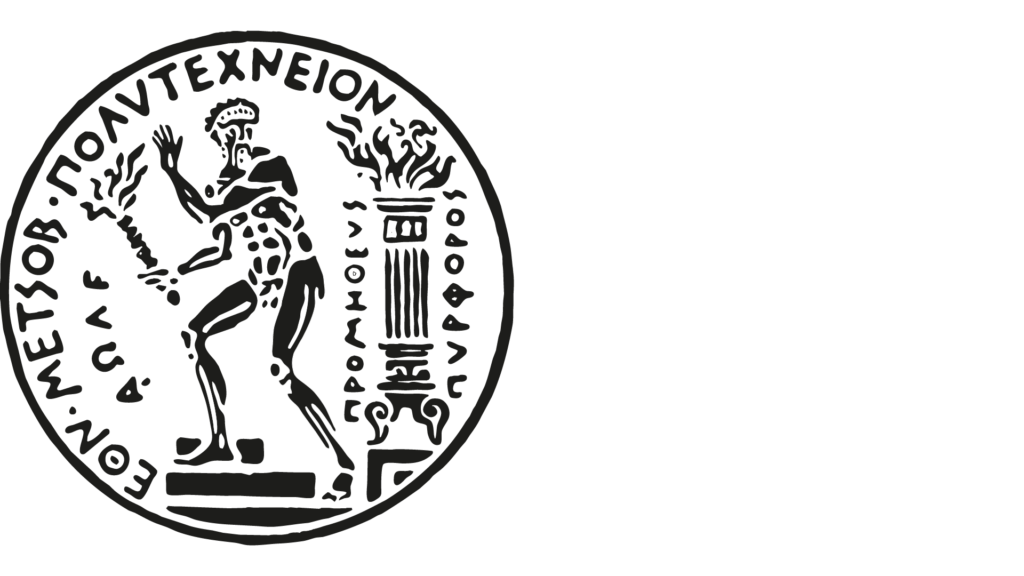
Nutrient recovery from brine

Life Cycle Sustainability Assessment
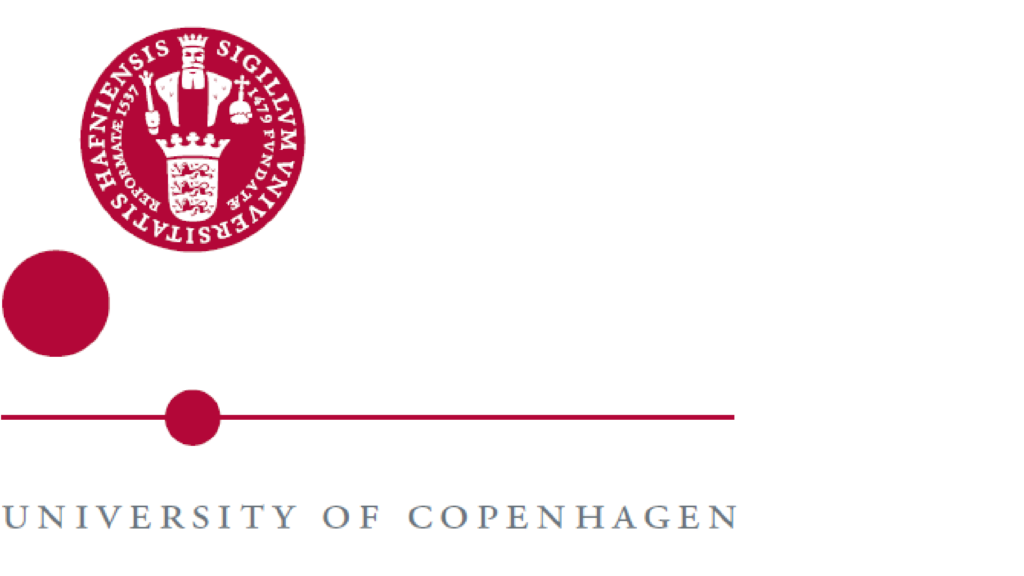
Life Cycle Sustainability Assessment
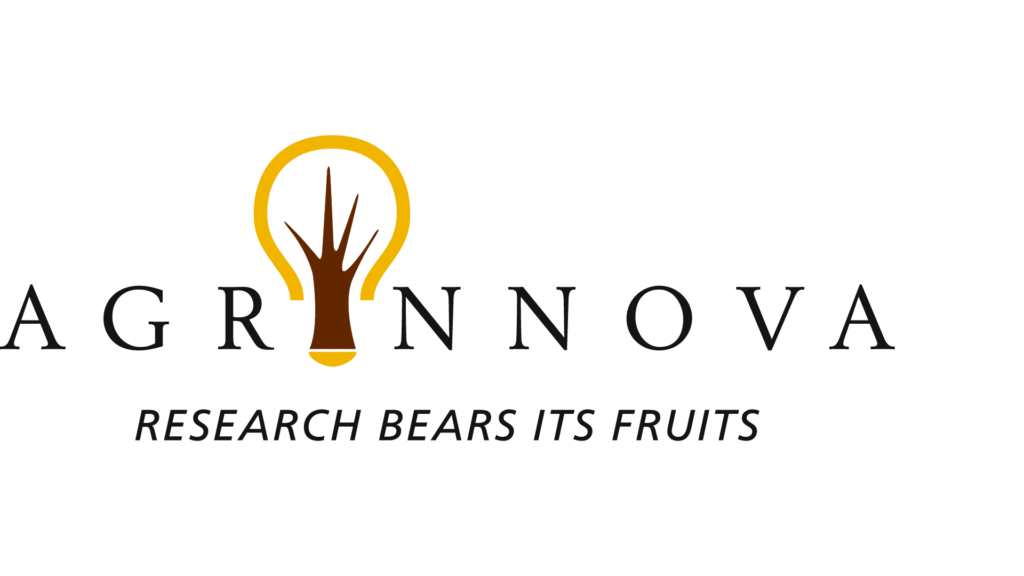
Bio-based fertilisers testing at field scale

Business model development
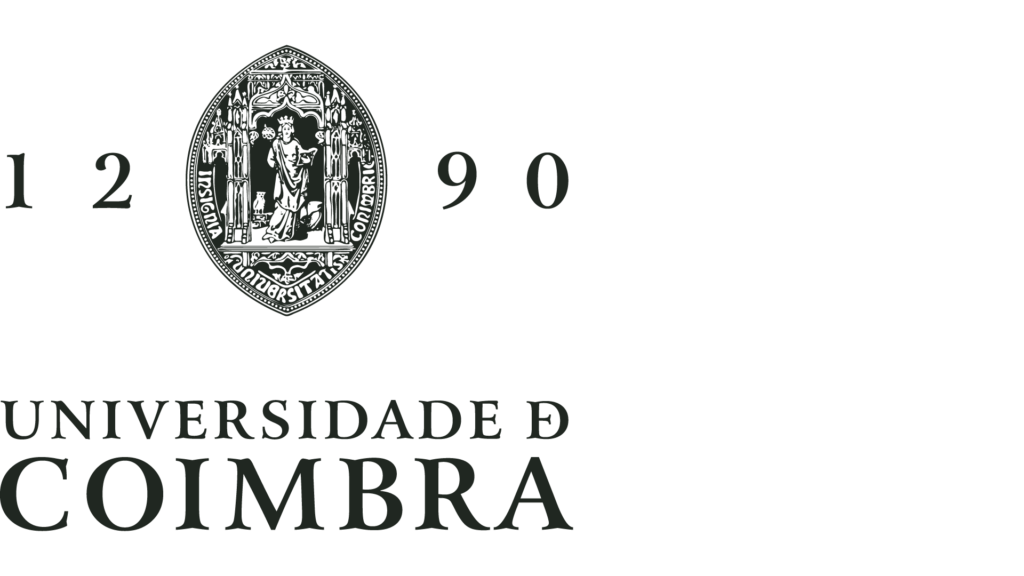
Life Cycle Sustainability Assessment
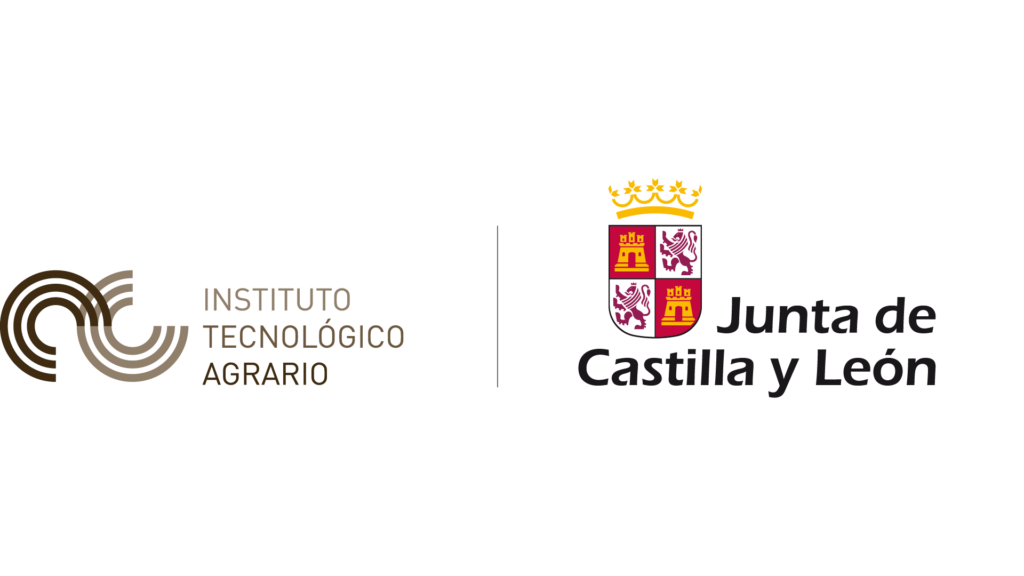
Policy implications and recommendations
